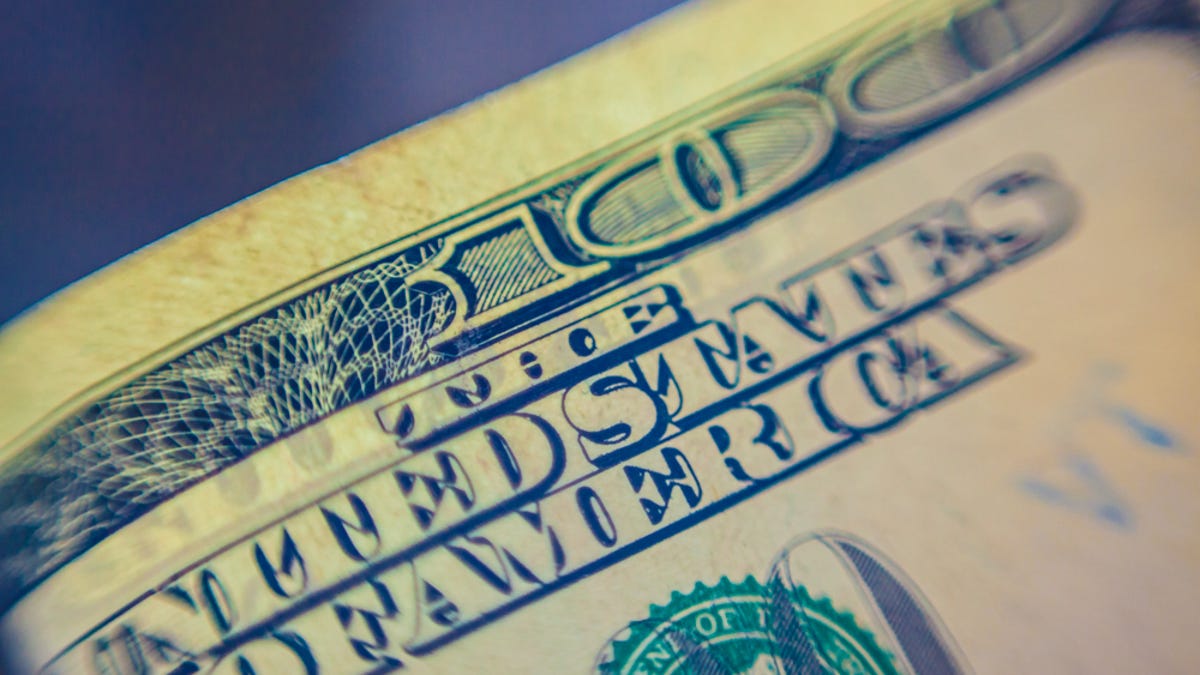Did someone try to make a quick buck on ICOA this morning?
The bogus press release stating that Google was buying Wi-Fi provider ICOA is likely the work of a hoaxer who was looking to make money.

The phony press release sent out this morning on PRWeb detailing Google's acquisition of Wi-Fi provider ICOA for $400 million may have been an attempt to move the company's penny stock.
The company's stock started trading this morning at $0.0001 and steadily climbed throughout the morning to $0.0005, where it peaked around 11:30 a.m. ET. Once news trickled out that the press release was a hoax, the company's stock price sharply dropped to $0.0001 again. And it has bounced between that price and $0.0002 since then.
The fake press release was widely circulated this morning and reported by several news organizations, including the Associated Press. CNET did not report the acquisition news, but did publish a story calling the press release a hoax. When contacted by CNET, ICOA's chief executive denied there had been any acquisition.
Google has not yet responded to the apparent hoax and neither has PRWeb, which circulated the bogus release.
In an e-mail, ICOA Chief Executive George Strouthopoulos noted that the hoax looks like the work of a "stock promoter with a dubious interest" in "disseminating wrong, false and misleading information in PR circles." A spokesman for the company said that ICOA is reporting the incident to the proper authorities. The company also believes the phony press release originated from Aruba.
This press release scam is similar to another hoax perpetrated in 2000 when a 23-year-old college student and day trader named Mark Simeon Jakob, managed to get his former employer Internet Wire to publish a bogus press release about Emulex. Jakob, who had been day trading, ended up making more than $240,000 from his trades based on the false press release.
Jakob, who had sold 3,000 shares of Emulex in a short sale, crafted a press release stating that the chief executive of Emulex had quit and the company was restating its quarterly earnings from a profit to a loss, according to a story on ABC News.com. Jakob was arrested in August 2000 when FBI agents were able to piece together the scam and locate him. He pleaded guilty in December that same year.

